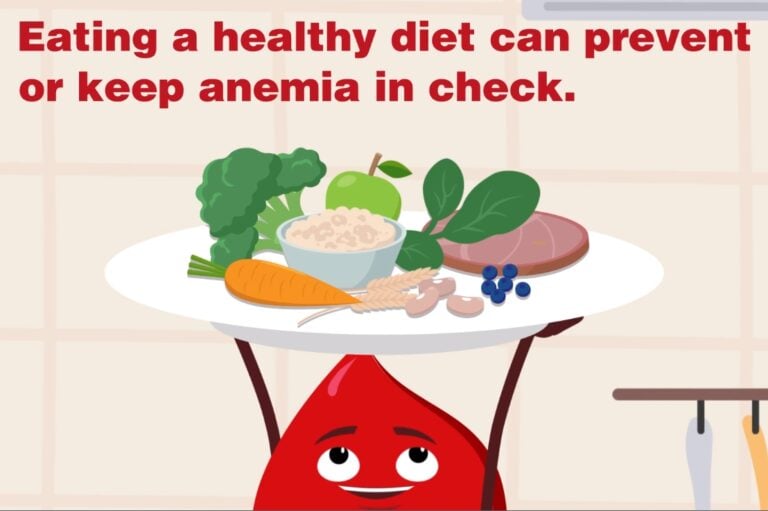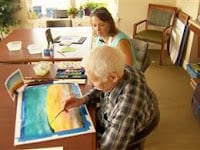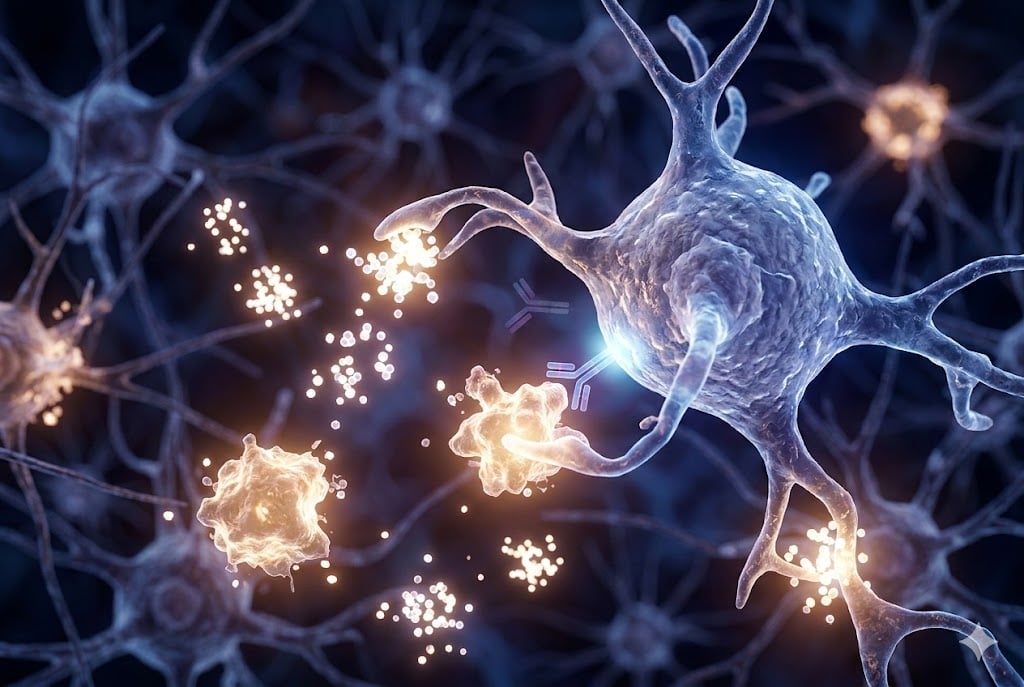
A Bit of Sleep Prevents a Lot of Dementia
As little as 1% increase in deep-sleep per year, for people over 60, translates into a 27% decreased risk of dementia.

As little as 1% increase in deep-sleep per year, for people over 60, translates into a 27% decreased risk of dementia.

Even in later life, quitting smoking significantly reduces dementia risk.
New research published in The Lancet offers renewed hope — it’s never too late to protect your brain.

Some everyday medicines may nudge dementia risk higher — but safer, equally effective alternatives often exist. Here’s how to replace high-risk drugs with brain-friendlier options

The biggest-ever study of genetic and observational data now suggests no safe level of alcohol when it comes to dementia risk. Could even “light drinking” be harmful?

What if protecting your brain started not with a pill, but with a purpose? A new study finds that people with a strong sense of purpose in life are significantly less likely to develop dementia — cutting their risk by nearly one-third.

Dr. Michael Gregger, Director of the authoritative NutritionFacts site, asks, “Why has fish consumption been associated with cognitive impairment and loss of executive function?”

Simple, low-cost lifestyle changes can significantly slow or prevent cognitive decline. New research offers hope for families, caregivers, and anyone invested in brain health.

The spice turmeric contains curcumin. In a UCLA study, curcumin significantly improved memory and mildly improved mood in people with memory problems.

What are the early symptoms of Alzheimer’s? When to get a professional evaluation.

Anemia (low level of red blood cells) can increase dementia risk 41%. You can do something about it. Learn what it takes.

The antidepressant drug citalopram, also sold under the brand names Celexa and Cipramil, significantly relieves agitation in Alzheimer’s. Learn about the benefits and side-effects.

The brush strokes are precise, the colors vibrant. See a Colorado art program help patients rise above dementia, while the paintings raise money for The Alzheimer’s Association.

Researchers in Florida find that robotic pet cats improve mood, behavior and cognition in older adults with mild to moderate dementia. Find out more.

In gardening, people with Alzheimer’s grow fresh plants along with better thinking. It’s a pleasant way to make things easier.

The co-founder of a caregivers’ organization introduces technology he has found helpful in caring for his grandmother with dementia.

People with dementia are enjoying yoga and dance classes at the Alzheimer’s Association. See why caregivers find the classes “EXTREMELY helpful.”

Swiss researchers find that people with certain personality traits are protected against Alzheimer’s disease, including those who are less agreeable, had natural curiosity, and were nonconformists. Find out why.
No spam, only news and updates.


